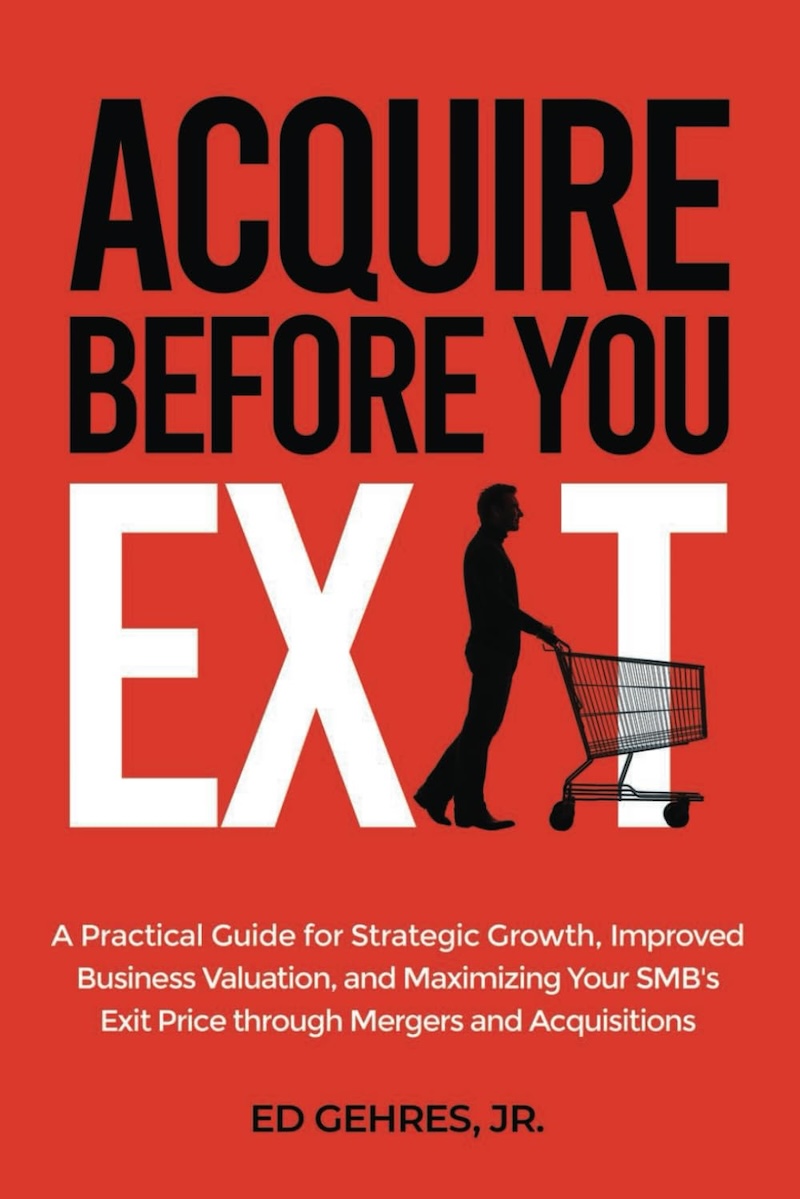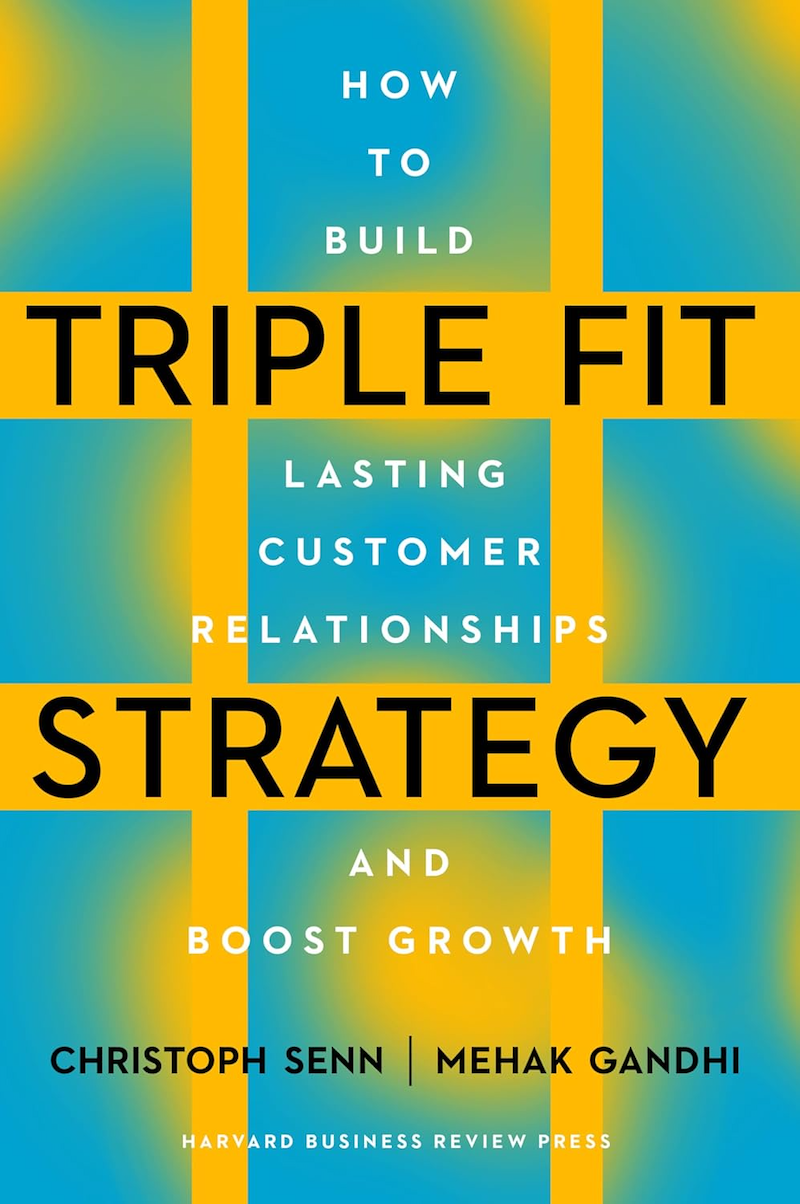Book Brief: Acquire Before You Exit
Ed Gehres, Jr. is an attorney and businessman who has been involved in many mergers and acquisitions. He has written “Acquire Before You Exit” specifically to help business owners increase the value of their business by growing their business by buying up and integrating other small businesses.
Gehres wrote “Acquire Before You Exit” because of the many mistakes he had seen business owners make as they prepared to sell their businesses. The book reads very much like a conversation with a trusted advisor sharing from his broad experience. In it, he walks the reader step-by-step through the process from thinking about growth through achieving it and then preparing to exit.
Every company and every deal is unique, so it’s impossible to provide a generic step-by-step that will cover every situation, but the author does a great job of providing a general approach and then talking about the exceptions. He includes practical advice on when and how to leverage external resources, and he tells lots of stories of companies that have done it well (and others that made mistakes to avoid).
To cap it off, Gehres includes nearly 100 pages of additional resources including example documents, agreements, checklists, etc.
Bottom line, “Acquire Before You Exit” is an excellent resource for anyone involved in mergers and acquisitions, on either side. Although not as polished as books from major publishers, the author’s style is very approachable and the content provides a comprehensive and practical guide to the entire process of growing through acquisition. As with input from any advisor, the reader should consider the author’s insights within the context of their specific situation, but I strongly recommend the book to anyone planning on buying or selling a business.
Book Brief: Acquire Before You Exit Read More »










